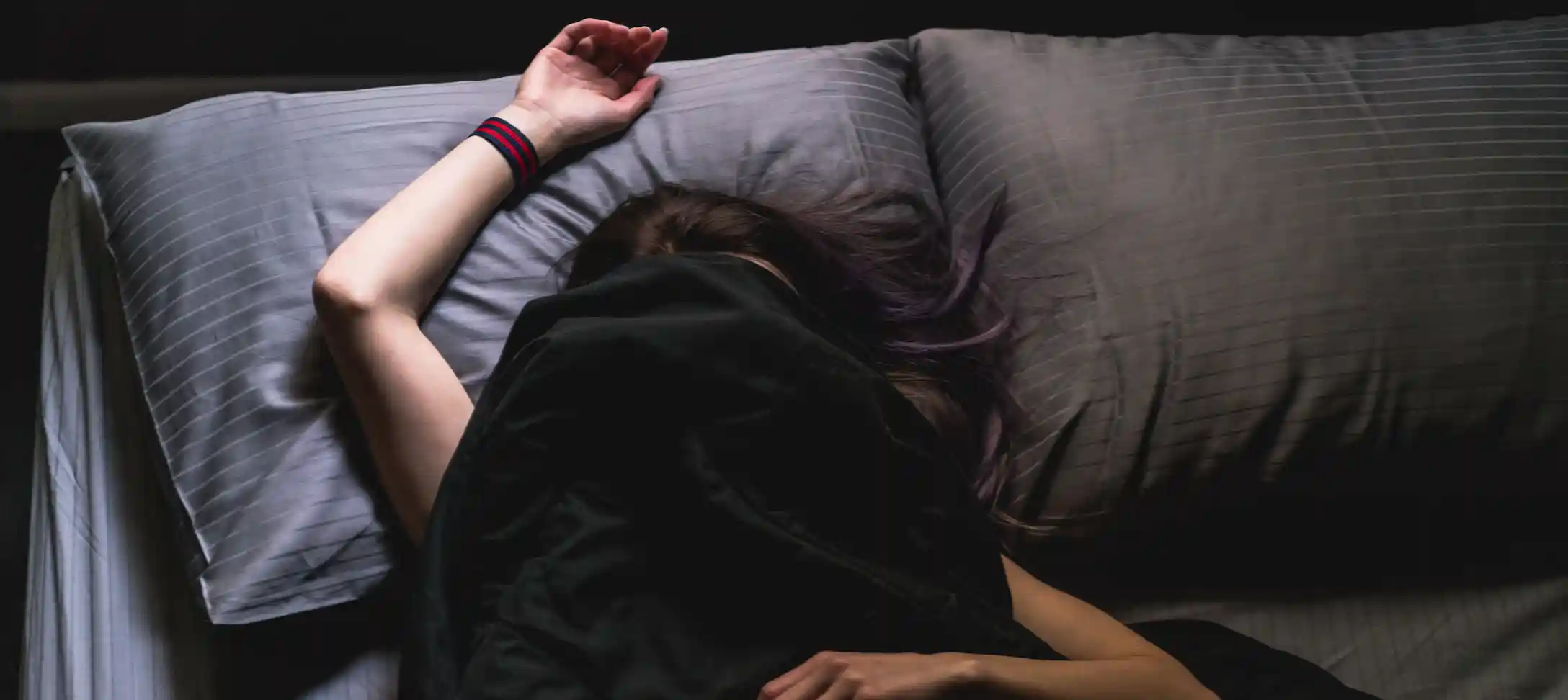Topics
- Article
#WHOOPEd Weekly Digest, Vol. 27

Getting better sleep before a big game, the downside of ACL reconstructive surgery, and how sleep deprivation slows down your brain cells.
Monday, November 06
Young athletes in sports: How to manage and why early specialization can lead to overuse injuries
- The first Young Athletes Forum Convention took place in Montreux, Switzerland. The hottest topics in sports relating to young athletes were discussed with world leading experts in sports science and sports medicine.
- When asked if early specialization increases risk of injury, Mark Batt (University of Nottingham) pointed out there is a high risk of overuse injuries associated with unbalanced training loads.
- It is critical with young athletes to have comprehensive load management to promote long-term success without compromising a future career.
- Another question asked: Should we screen all young athletes for potential causes of sudden cardiac death?
- Under the age of 35, sudden cardiac death is very rare.
- Dr. Matthias Wilhelm concluded that mass screening is not necessary among recreational athletes but could be useful in screening elite athlete that are high risk.
- Take home point: The goal should be to provide a healthy and proper environment for optimal growth and development of young athletes.
Tuesday, November 07
82% of athletes report problems falling asleep before a competition. 59% of team sport athletes report having no strategy to overcome poor sleep. Tips to catch Z’s
- 64% of athletes indicated worse sleep on at least one occasion in the nights prior to an important competition over the past 12 months.
- In order to get back to sleep, it is important to stay out of your head. Try to avoid worrying over the fact you are awake or unable to fall asleep because it causes stress which facilitates the body to stay awake.
- Various meditation techniques can be helpful in falling back to sleep. It is also important to avoid TV or phone as the lights emitted by those devices stimulate the brain.
- If you have been awake for more than 15 minutes, try to find a non-stimulating activity to do such as reading.
Wednesday, November 08
Salivary biomarker tests, movement assessments and cardiovascular testing. Identifying athlete’s weaknesses: Nebraska Athletic Performance Lab does it all
- Tom Osborne was the catalyst at the University of Nebraska for the strength and conditioning program and the training table. The training table was the first in the country.
- Nebraska Athletic Performance Lab is the nation’s first on campus research facility.
- Dr. Jack Ransone runs the lab and states that it is their goal to identify all the weaknesses each athlete may have and establish a proactive approach.
- Some of the tests that occur in the facility: Salivary biomarker test, movement assessments and cardiovascular testing.
- The saliva test is conducted to see how long it takes an athlete to recover in order to maximize training. The athlete gives a saliva sample before and after competition.
Thursday, November 09
Sleep deprivation: Literally slowing your brain cells down. Lack of sleep causes impairment to various mental functions
- A study from the neurons in the brains of 12 people found that sleep deprivation can cause brain cells to become slower and weaker.
- The study was conducted on patients who were having surgery to correct severe epilepsy.
- All patients agreed to categorize images of faces, places and animals.
- Four patients then stayed up all night and then looked at images–the patients had diminished responses.
- Sleep deprivation affects some areas of the brain more than others. The changes in the cells’ ability to communicate also leads to mental lapses which can affect perception and memory.
Friday, November 10
Almost 70% of ACL injuries are non-contact in nature. 45% of ACL reconstruction patients will develop arthritis within 10 years of surgery. Is surgery worth it?
http://bjr.boneandjoint.org.uk/content/6/11/621?
- The majority of ACL injuries, 70%, are non-contact in nature with females being 5-8 times more likely to injure an ACL than males.
- 1 in 60 athletes will suffer an ACL injury.
- With the current return to sport decision metrics, up to 29% of all ACL reconstruction patients will suffer a second ACL injury.
- For those who do have ACL reconstruction, 45% of individuals will develop osteoarthritis within 10 years of ACL reconstruction.